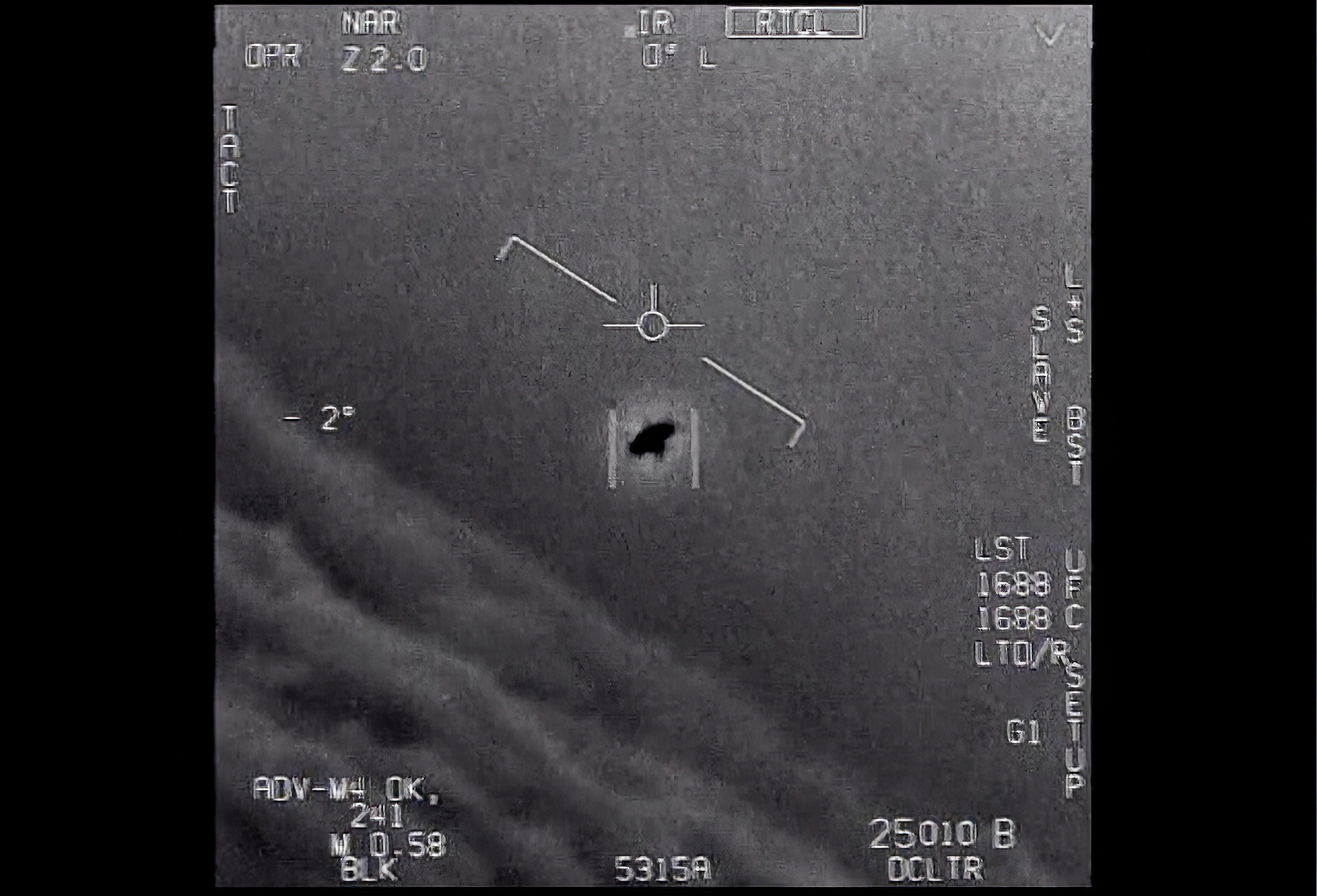A Harvard University professor who has been studying a meteorite that crashed into the Pacific Ocean in 2014 says his team has recovered debris and believes that the material may have come from outside the solar system - and perhaps even be alien technology.
Avi Loeb — former chair of Harvard University's Department of astronomy and current professor at the school, has been studying the meteorite, IM1, for some time. While the government has released limited data due to national security concerns, Loeb said the US Space Command in the Department of Defense confirmed they have a 99.999% confidence level that the meteor came from outside our solar system, which would make this the first reported interstellar meteor.
Loeb set out on a mission to find the meteor, which crashed into the ocean, to further study the materials. He told NBC10 Boston in a previous interview that he was convinced that the object could be alien technology or a meteorite of unprecedented material strength.
In his "Diary of an Interstellar Voyage," posted to Medium.com, Loeb said his team has recovered 50 "spherules," described as small metallic marbles, along the probable path of the meteorite, material they will now study in hopes of learning more about its origin. In the diary, Loeb said the initial analysis found a composition of a mix of materials "anomalous" to other human-made metals or asteroids.
Get Boston local news, weather forecasts, lifestyle and entertainment stories to your inbox. Sign up for NBC Boston’s newsletters.
"Given IM1’s high speed and anomalous material strength, its source must have been a natural environment different from the solar system, or an extraterrestrial technological civilization," Loeb wrote.
It cost millions of dollars for the research expedition to the Pacific. Loeb said in the diary after further research, he will publish his full findings in a peer-reviewed journal.

It was just last year that NASA launched a study into UFO sightings, a topic that has historically left the government tight-lipped. The Department of Defense, which also studies the phenomenon, has said they have no evidence of alien life. Scientists say they need better ways of tracking and collecting data to better understand what we're seeing in our skies.



